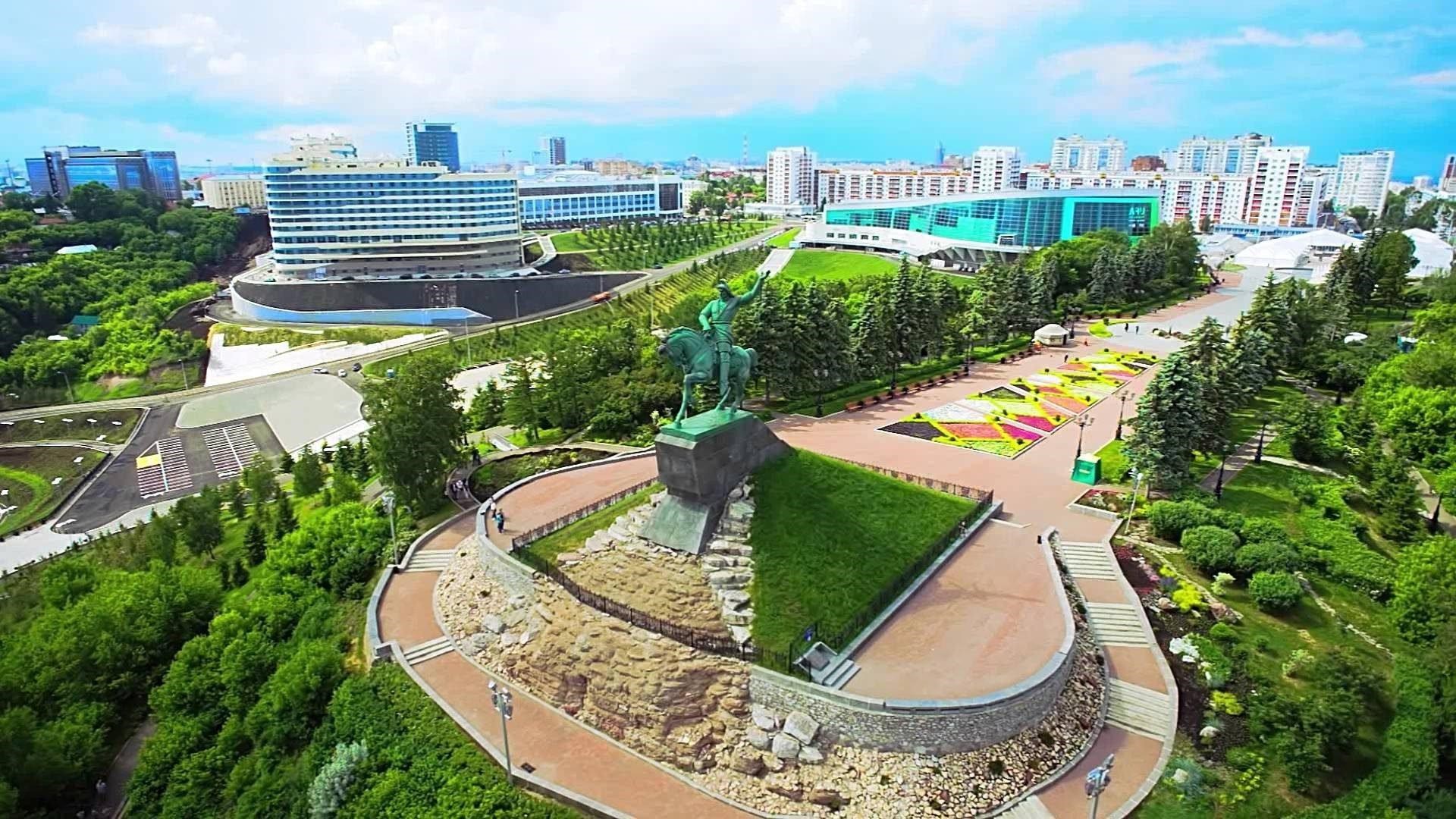The future of Bashkortostan, in or out of Russia
Among the Bashkars, one of the least aggressive and most autonomous parts of the Tatar-Mongolian universe, unease is growing over Moscow's cancellation of any form of autonomy and the recruitment of its young men to go and die at the front. The former president of the House of Commons, Rostislav Murzagulov, now in exile: ‘We were free men. I do not understand how we became slaves, or even murderers’.
Moscow (AsiaNews) - In Bashkortostan, Russia's Tatar republic in the Urals, unease is growing over the conditions imposed by Moscow's Putin regime, whereby there is no longer a ‘president’ but only a ‘chief’, and the local language becomes optional compared to the compulsory use of Russian. Discussions about forms of autonomy are strictly forbidden, and instead of support for local youth, there are the ever-increasing mobilisations, which cause much of the future generations of this and other peripheral regions of Russia to die in war.
August marked 30 years since the signing of the agreement on the forms of autonomy of the Bashkiri region from the central organs of power. The text was supposed to be automatically confirmed after 10 years, but by 2004 Vladimir Putin's ‘power vertical’ was installed in the Kremlin, and no confirmation came not only for the republic of Ufa, but also for the other Tatar republic of Kazan. The political scientist Ruslan Gabbas, who has been living abroad for some time, and the former president of the Baškortostan House of Commons, Rostislav Murzagulov, also in exile, discussed this on Idel.Realii.
They recall the speeches of the 1990s and Putin's early years, when ‘we wanted to be part of Europe and be friends with everyone, recognising the borders of all neighbouring states... All this was a trivial lie, a special operation to avoid facing reality’. The president's Westernized rhetoric was ‘a pretense due to the still preponderant strength of the oligarch elites that he struggled to control, then came the imperial ambitions and the formation of the KGB, which are evident to all today’.
The two politicians in exile are surprised that most of their friends and associates have remained in Bashkortostan: ‘either they keep quiet or repeat parrot slogans’, or they have lost their bearings altogether, ‘to the point of going out and killing people or getting themselves killed’. Gabbas remembers how in 2006-2007 he had made a round of meetings in Europe and America, then suddenly ‘everything changed, and this does not depend on the will of one person, around Putin there is a whole gang that suggests shameful ideas to him’. This is why Murzagulov believes that ‘it is not enough to declare independence from above, all citizens must be involved’.
Both believe that in the future ‘if a region really wants to secede from Russia, this will have to be respected’, but the best solution would be to move ‘towards real federalism for the whole of Russia: sooner or later this will come about’. Rostislav recalls the past examples of the democratic republic of Novgorod, but also of Bashkortostan itself, which before it was suffocated by tsarist pressures was heir to one of the most liberal khanates in the Tatar world, ‘people used to gather in the square and consider problems together, we were free men... I don't understand how we became slaves, or even murderers’.
Gabbasov recalls that even before Putin, after the end of the USSR, a strong Russian chauvinist nationalism had grown up, which made films like Brat 1 and 2 popular, with strong elements of contempt towards non-Russian peoples, even the Ukrainians themselves, ‘these are feelings ingrained in the soul of Russians’. Hostility towards Asian peoples already existed in Soviet times, when they were called Čurki (a derogatory term for Caucasians) or Uzkoglazye (‘Narrow Eyes’), and many doubts remain about the possibility of building a true federalism.
According to the 1994 agreements, Bashkortostan, like Tatarstan, decided for itself what percentage of its budget could be allocated to the federal centre, there was its own citizenship at least on paper, and also its own foreign policy. The Bashkortostanis, one of the least aggressive and most autonomous parts of the Tatar-Mongolian universe, dream of one day becoming a free people again, able to live in peace with everyone.
11/08/2017 20:05







.png)










